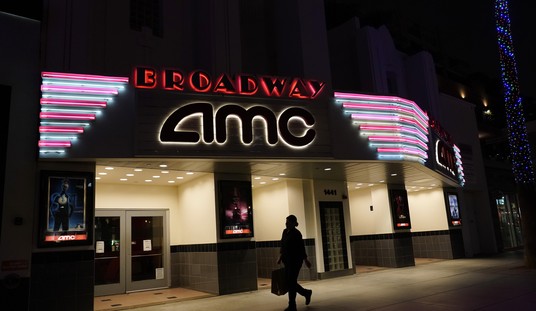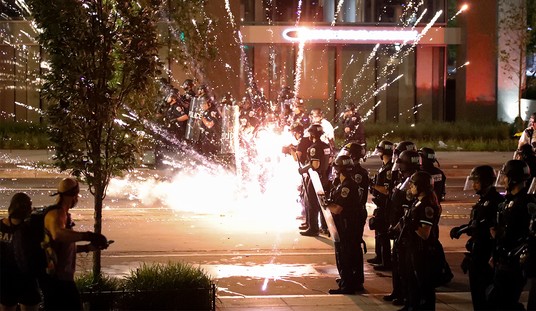On the evening of Jan. 29, 2002, the ominous words “axis of evil” entered America’s political lexicon in President George W. Bush’s State of the Union Address.
His trio of rogue states was Iran, Iraq and North Korea. One of them has, uh, transitioned out of Saddam Hussein’s control into a form of struggling democracy. Despite Obama’s hollow nuclear deal, Iran continues its aggressively delinquent ways developing weapons of mass destruction, their delivery systems and funding terrorism on a global scale, especially in its region.
North Korea is an impoverished land of about 25 million, a population slightly smaller than Texas’ in an area the size of Pennsylvania. Millions are in chronic starvation mode. So poor are they that North Korean doctors issue drug prescriptions lasting only two or three days at a time. Any longer and patients sell their drugs for food money on the black market.
Life in North Korea and its capital of Pyongyang is strictly-controlled and not exactly bustling. And it’s seemingly unaffected by the international controversies prompted by the unpredictable behaviors of its dictator with a goofy haircut.
North Korea’s homegrown hermit brand of Kim family communism has always been lawless and eccentric. Now under the founder’s grandson, Kim Jung-un, it’s downright bizarre. He’s been executing perceived political rivals with firing squads — using anti-aircraft guns. In Malaysia, Kim appears to have ordered the assassination of his half-brother with a lethal nerve gas rubbed on his sibling’s face by two females.
And despite more than two decades of petulant negotiations with a coalition of Asian allies, North Korea continues its nuclear weapons program and ICBM missile development with a declared goal of reaching the United States. On an Asian trip last week Secy. of State Rex Tillerson declared that era of “strategic patience” was over.
While the Trump administration’s less passive, more assertive stance is certainly welcomed by North Korea’s nervous neighbors, what exactly the end of strategic patience means is unclear, especially given the depleted state of the U.S. military after eight years of neglect.
The U.S. has bulked up its military presence in and around the Korean Peninsula. And Tillerson, like many before him, has said that no response to North Korean actions is off the table.
Now, perhaps coincidentally, comes word via the Wall Street Journal that the hermit kingdom appears to have added bank robbery to its international criminal portfolio of money laundering, drug dealing and costly hacking. Just ask Sony. Federal prosecutors are said to be developing criminal cases against North Korean agents for one of the largest bank heists in modern history.
Thirteen months ago in the course of a single weekend, some $81 million of Bangladesh government funds in custodial accounts at the New York Federal Reserve were transferred into four bank accounts in the Philippines.
Stealing vast sums of money is bad and everything. And, of course, the country and media are presently preoccupied with far more important threats, like Trump tweets. But think of it this way:
Virtually all of the world’s financial transactions go through five international banking centers. Fully half of those money movements transit New York.
If hackers can already silently access the Federal Reserve to steal in ways unnoticed for days, imagine the international economic chaos and psychological damage if they merely planted, say, a virus in the computer systems of New York banks. Such disruptions could potentially close stock and financial markets, freeze or erase your stock holdings and 401k’s, among other things.
North Korea or Iran or ISIS wouldn’t need a dirty bomb to cripple this country.









Join the conversation as a VIP Member